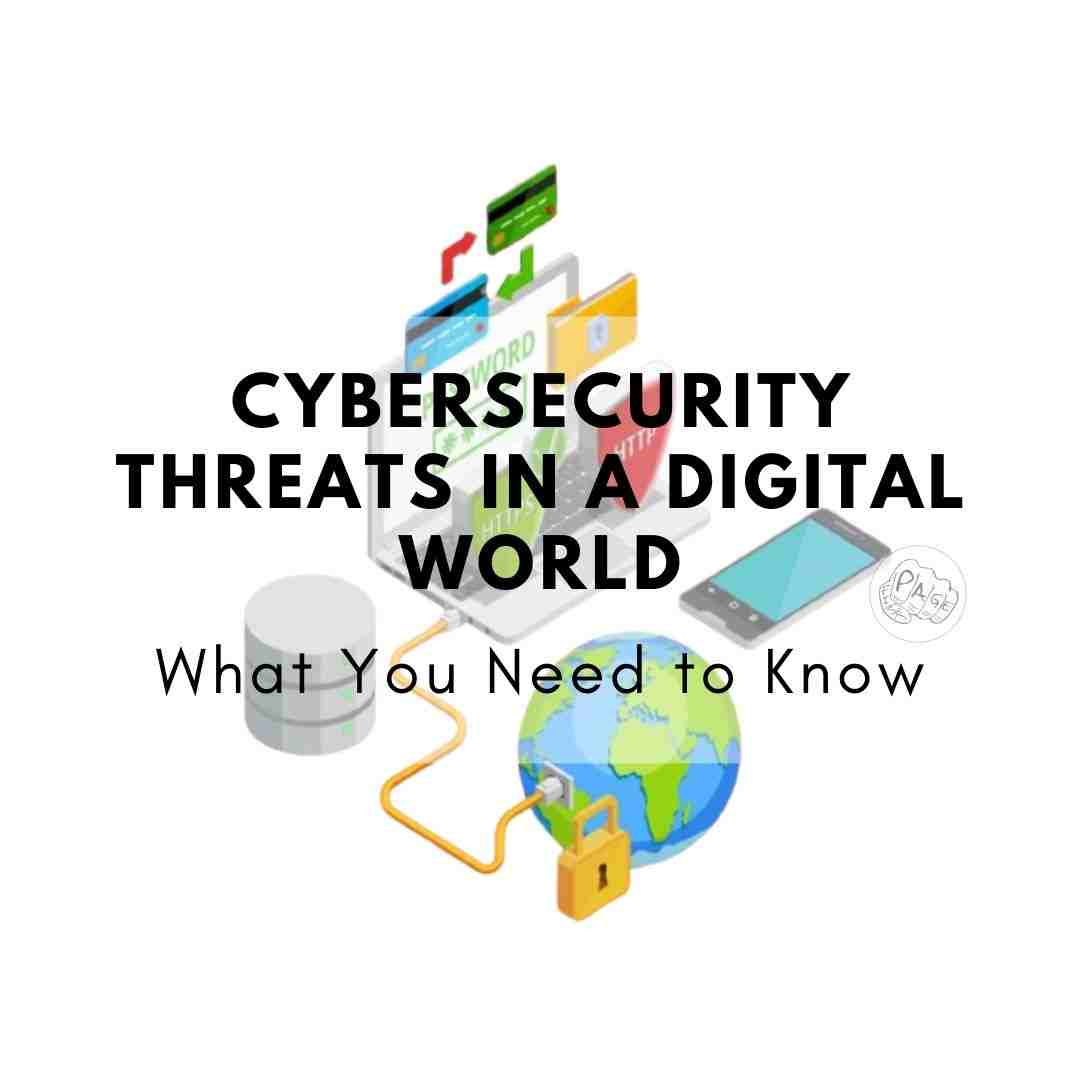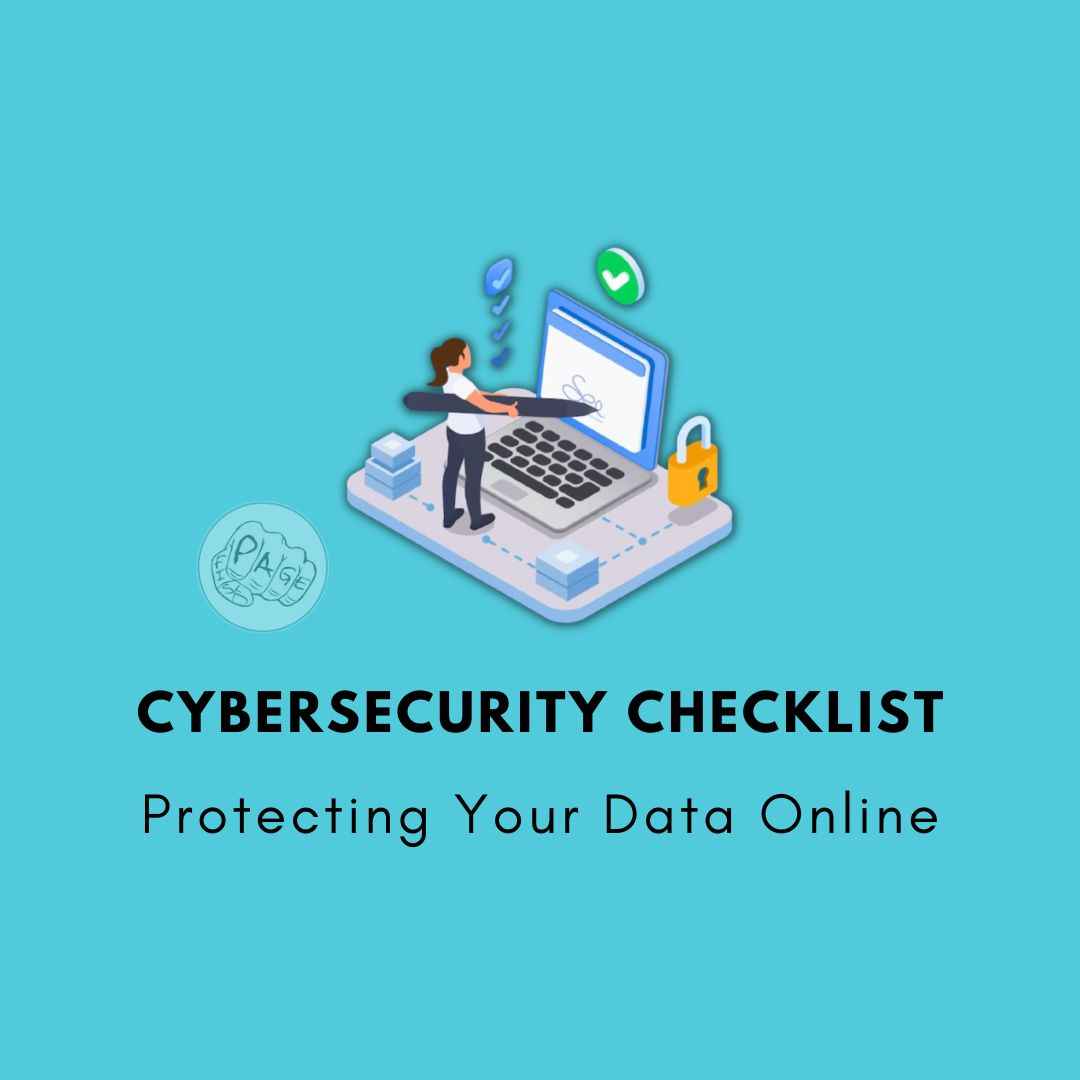In Cyber Security, Why Think Like an Attacker?
Unveil the secrets of cybersecurity by adopting the mindset of an attacker. Learn ethical hacking, penetration testing, and proactive defense strategies to fortify your systems against evolving threats. Stay ahead, assess risks, and contribute to a security-conscious culture. Dive into the world of cybersecurity with this essential guide.
Thinking like an attacker is a crucial aspect of cybersecurity because it allows security professionals to anticipate and understand potential threats, vulnerabilities, and attack vectors. This approach, often referred to as "ethical hacking" or "penetration testing," involves adopting the mindset of a malicious actor to identify and mitigate security weaknesses in systems and networks. Here are some reasons why thinking like an attacker is essential in cybersecurity:
-
Identifying Vulnerabilities: By thinking like an attacker, cybersecurity professionals can actively search for vulnerabilities that could be exploited. This proactive approach helps in discovering weaknesses before malicious actors do, allowing organizations to implement preventive measures.
-
Risk Assessment: Understanding the mindset of an attacker helps in evaluating the potential risks and impact of a security breach. This information is crucial for organizations to prioritize their security efforts and allocate resources effectively.
-
Defense Strategy Development: Examining systems from an attacker's perspective aids in developing robust defense strategies. Security professionals can implement measures to deter, detect, and respond to attacks more effectively by anticipating the tactics and techniques that adversaries might employ.
-
Continuous Improvement: Cyber threats are constantly evolving, and attackers are always developing new methods to exploit vulnerabilities. Regularly thinking like an attacker enables cybersecurity professionals to stay ahead of emerging threats, adapt their defense strategies, and continuously improve the security posture of systems.
-
Simulation of Real-World Scenarios: Ethical hacking and penetration testing simulate real-world attack scenarios, providing organizations with insights into how their systems would fare against actual threats. This hands-on experience is invaluable for testing the effectiveness of security controls and incident response procedures.
-
Security Awareness: Adopting an attacker's mindset helps raise awareness among individuals within an organization about the potential risks and the importance of adhering to security best practices. It encourages a security-conscious culture, where employees are more vigilant and informed about potential threats.
-
Compliance Requirements: Many regulatory frameworks and industry standards require organizations to conduct penetration testing and vulnerability assessments. Thinking like an attacker helps organizations meet these compliance requirements and demonstrate a commitment to cybersecurity.
-
Incident Response Planning: Understanding the tactics of attackers is essential for developing effective incident response plans. It enables organizations to prepare for and respond to security incidents promptly and efficiently.
In summary, thinking like an attacker is a proactive and strategic approach to cybersecurity. It empowers security professionals to stay one step ahead of potential threats, strengthen defenses, and ultimately protect the confidentiality, integrity, and availability of information and systems.
Share This Post
Related Articles
Cybersecurity Threats in a Digital World: What You Need to Know
Discover the top cybersecurity threats in today's digital landscape and learn how to protect yourself and your data. Stay one step ahead of cybercriminals!
Cybersecurity Checklist: Protecting Your Data Online
Discover the ultimate Cybersecurity Checklist for safeguarding your valuable data online! Learn expert tips, tricks, and strategies to keep your information secure in the digital age.
Protecting Your Business: Cybersecurity Best Practices
Learn essential cybersecurity best practices to safeguard your business from phishing, ransomware, and other cyber threats. Empower your team, secure your data, and stay vigilant!
Secure Your World: The Ultimate Guide to Security Awareness Training
Discover the power of Security Awareness Training: Implement comprehensive programs covering phishing attacks, removable media, passwords, physical security, and mobile device security. Safeguard your organization today!
GitHub for Hackers: Turning Code into a Weapon
Explore the dark side of GitHub where code turns into a weapon for hackers. Discover how cybercriminals exploit GitHub's features and what you can do to stay safe.
Related FAQ
No related FAQ.
Say Hello
To Your Dream





